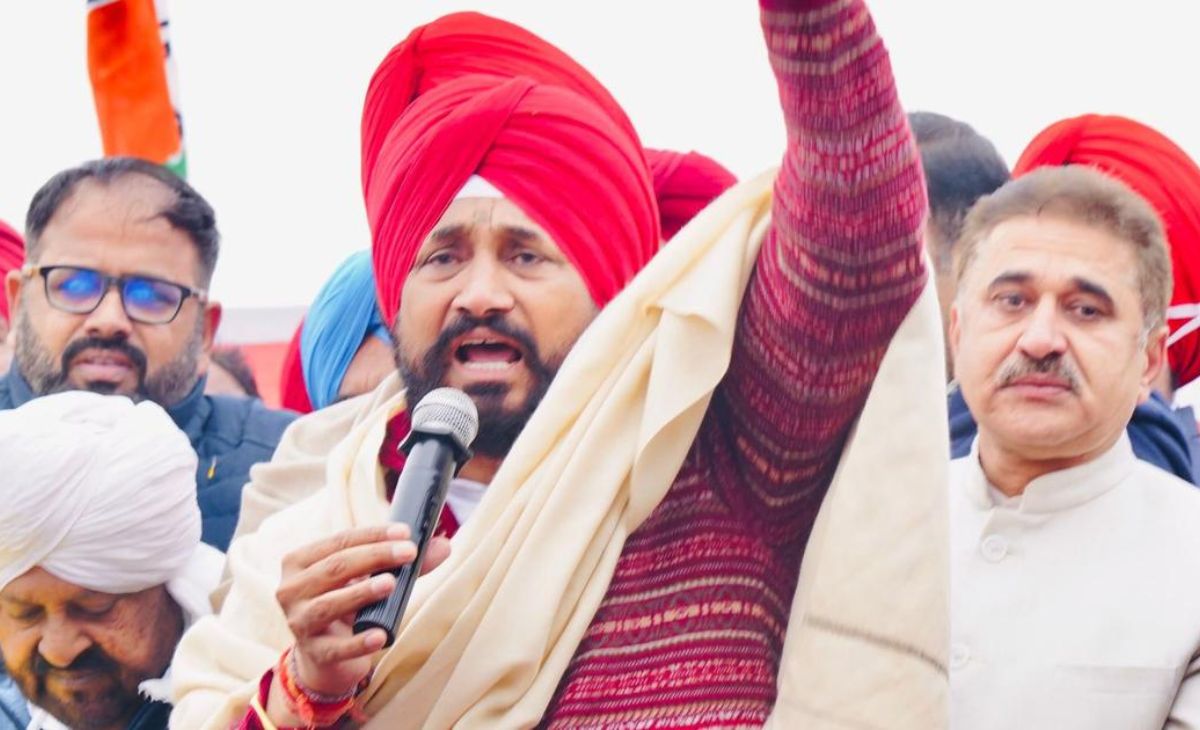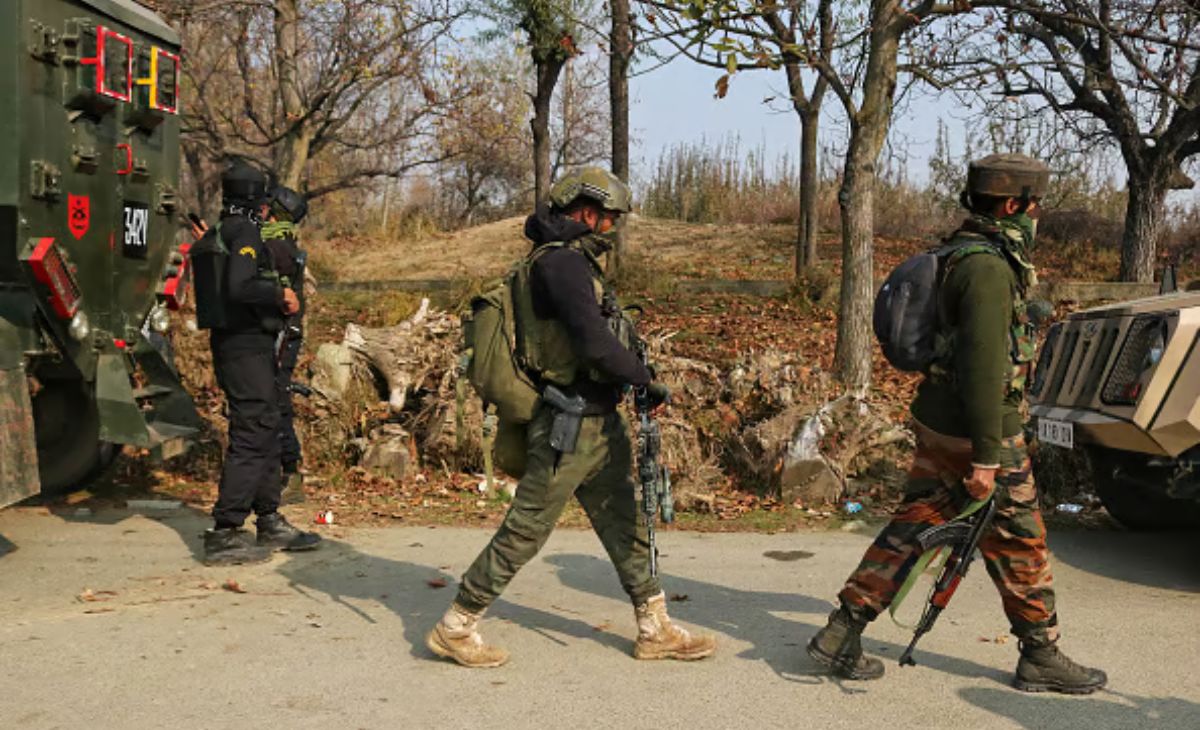Telegram, a popular messaging app known for its privacy features, is under increasing scrutiny from the Indian government over allegations of its involvement in illegal activities like extortion, gambling, and exam paper leaks. This investigation follows Telegram’s controversial past, compounded by recent developments, including the arrest of CEO Pavel Durov in France. With Indian authorities examining the app’s role in criminal activity, the question of a potential ban looms large. This blog delves into the unfolding situation, analyzing the key factors driving this probe and its potential implications for Telegram users.
Telegram Faces Indian Government Scrutiny: The Growing Concerns
Telegram, widely regarded for its encryption and commitment to privacy, is now embroiled in legal battles across the globe. A recent report by Moneycontrol revealed that the Indian government is conducting an investigation into the platform’s alleged involvement in criminal activities such as extortion, gambling, and misinformation distribution. The outcome of this investigation could result in severe consequences, including a potential ban.
The Ministries of Home Affairs (MHA) and Electronics and Information Technology (MeitY) are spearheading this probe, particularly looking into how Telegram has been exploited for illicit purposes. This move comes at a time when global authorities are expressing increasing concerns about the app’s moderation policies and the inability to control harmful activities on its platform.
Telegram and Its Link to Criminal Activities
A significant portion of the Indian government’s concerns stems from reports that Telegram has been used to facilitate illegal activities. According to sources, Telegram has allegedly become a conduit for extortionists and gamblers, a claim the government is taking seriously. With the app’s end-to-end encryption, law enforcement agencies face difficulties in tracking messages or individuals engaging in these activities, adding to the challenge.
In addition, the UGC-NEET controversy, where the national medical entrance exam paper was leaked on Telegram, has added further fuel to the fire. Reports suggest the exam paper was sold for prices ranging from ₹5,000 to ₹10,000, tarnishing the credibility of India’s exam system and amplifying calls for regulatory action against the platform. The illegal sharing of sensitive materials, particularly in such critical exams, showcases the darker side of the app’s functionality.
The Broader Global Context: CEO Pavel Durov’s Arrest in France
Telegram’s legal woes extend beyond India’s borders. The app’s CEO, Pavel Durov, was recently arrested in France, further intensifying the pressure on the platform. French authorities, through the Office for the Prevention of Violence Against Minors (OFMIN), issued an arrest warrant following a preliminary investigation into various alleged offences including fraud, drug trafficking, cyberbullying, and the promotion of terrorism. France’s concerns about Telegram’s inadequate moderation policies are aligned with the challenges India is facing.
The timing of Durov’s arrest, just a day before India’s investigation was made public, has only worsened the platform’s perception globally. The two countries, despite their separate investigations, share concerns about Telegram’s failure to curb criminal activities, highlighting the need for better regulation of encrypted communication apps.
Telegram’s Response and Compliance Efforts
Telegram has maintained its commitment to adhering to Indian laws, noting that it has appointed a nodal officer and a chief compliance officer to liaise with authorities. Moreover, the company regularly publishes monthly compliance reports detailing actions taken against harmful content.
However, a notable challenge in this regulatory landscape is Telegram’s lack of physical presence in India. Unlike other tech giants like Facebook and Twitter, which have regional offices and teams in India, Telegram operates without a direct presence, making it harder for authorities to enforce laws or take swift action.
Despite the company’s reassurances, the Indian government is determined to thoroughly investigate Telegram’s involvement in illegal activities before deciding its next steps. A ban, while a drastic measure, remains on the table depending on the findings of the ongoing probe.
Potential Consequences and Impact on Users
If the Indian government decides to ban Telegram, the impact will be felt by millions of users in the country. India accounts for a significant portion of Telegram’s user base, with an estimated 120 million active users, as per data from 2023. The platform is the second most popular messaging app in the country after WhatsApp, making it a crucial player in India’s social media ecosystem.
Given the gravity of the situation, users should stay informed about potential alternatives in case the app becomes inaccessible. Furthermore, businesses and organizations that rely on Telegram for communication may need to prepare for disruptions or shift to other platforms that provide similar services.
Numerical Analysis of Telegram’s Influence in India
To put the situation in perspective, Telegram boasts over 700 million active users globally, with India being one of its largest markets. A ban in India could see the platform lose upwards of 17% of its global user base—a significant blow. The rise in criminal activities through Telegram further adds urgency to the need for a robust regulatory framework for encrypted messaging services.
While Telegram’s compliance efforts—such as publishing monthly reports—aim to address these issues, the numbers highlight a growing need for better governance. In October 2023, the IT Ministry issued notices to Telegram for failing to remove child sexual abuse material (CSAM), a concern that plagues several social media platforms globally.
The Future of Telegram in India
Telegram‘s future in India remains uncertain, hinging on the findings of the ongoing investigation. The app’s facilitation of illegal activities like extortion, gambling, and exam leaks has drawn sharp criticism from the government, while its lack of a physical presence adds to enforcement challenges. The global scrutiny following CEO Pavel Durov‘s arrest in France only worsens its position.
As more governments worldwide begin to reevaluate their approach to regulating encrypted communication platforms, Telegram’s operations in India may serve as a case study for balancing privacy with accountability.
Disclaimer: The content of this blog is based on publicly available information and news reports as of August 2024. The information provided is for educational purposes only and should not be construed as legal or professional advice. We are not responsible for any errors or omissions or for the results obtained from the use of this information.




